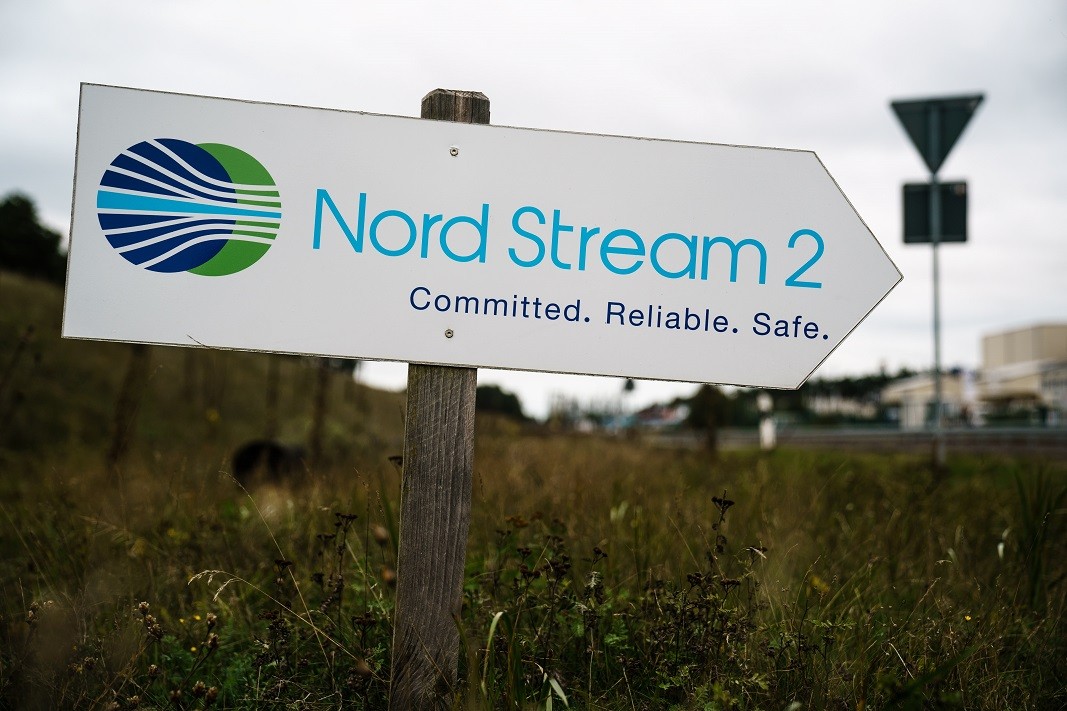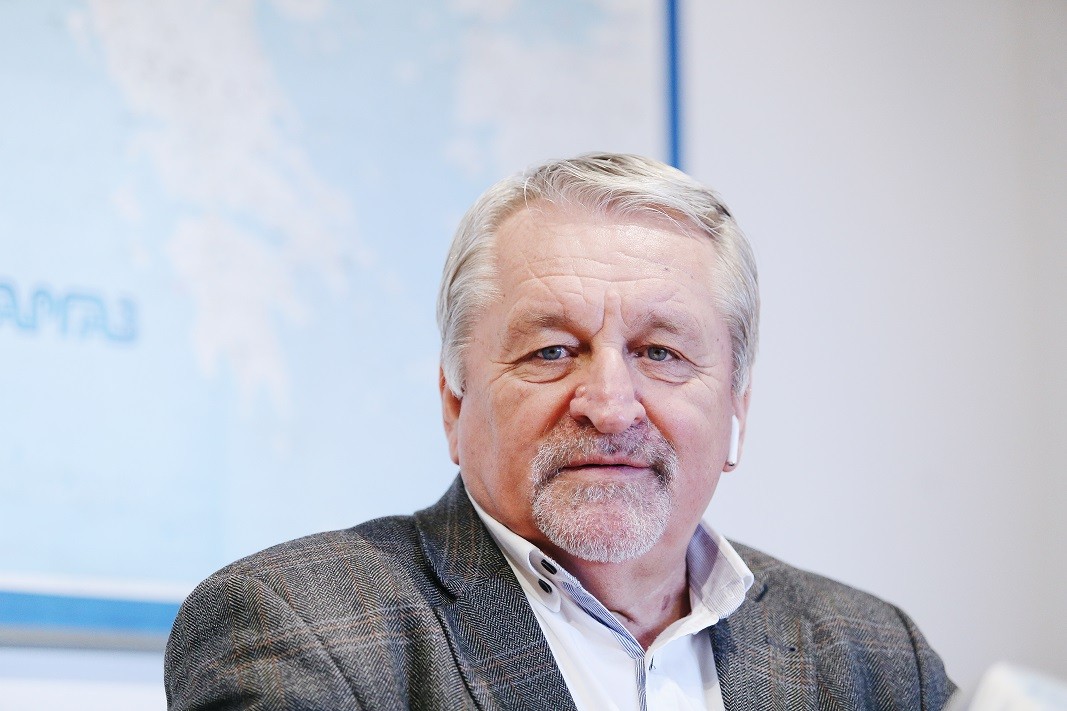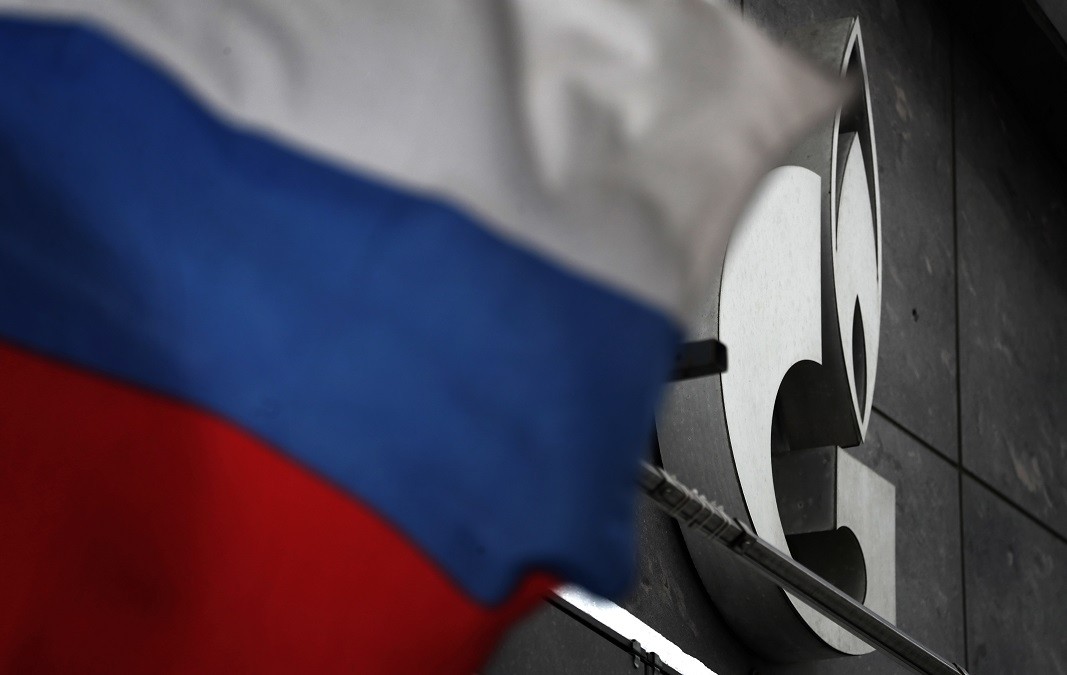The decision to recognize the independence of the Donetsk and Luhansk regions in eastern Ukraine, announced in a special address by Russian President Vladimir Putin, was sharply criticized by European countries and the international community. Russian troops have already been deployed there, whose task is to ensure peace in the regions. Against this background, tensions between Russia and Ukraine continue and no one is yet able to predict whether it will escalate into a clash that could ignite the spark of more serious conflict.
German Chancellor Olaf Scholz described the recognition of the Donetsk and Luhansk regions as independent republics as a serious violation of international law and announced that he was halting the certification procedure for the Nord Stream 2 gas pipeline. This is only one concrete step but it is possible that more sanctions against Russia might follow, the chancellor warned.

However, the uncertainty and instability in which Ukraine finds itself will undoubtedly affect the prices of one of Europe's most important energy raw materials - natural gas. They will inevitably rise and affect the pockets of consumers across the EU, due to the common energy market.
"This is a market that is as elastic as a bubble. When you press it on one side, it swells on the other”, commented in an interview with Radio Bulgaria the chairman of the Bulgarian Energy and Mining Forum Ivan Hinovski. “The crisis will generate a shortage of gas deals in Europe. Schemes will be sought to compensate for the shortage by importing liquefied natural gas from the United States or Qatar. In any case, the deficit will raise prices as much as the market can bear. I think that a process of reducing demand will also start, related to the bankruptcy of companies and the cessation of their consumption."

As for Bulgaria, whose energy system depends largely on gas imports from Russia, Hinovski noted that Bulgaria had lost too much time in which the interconnection with Greece could have been completed, and the resource of the terminal in Alexandroupolis could have been filled and used more efficiently. This is a step towards a real alternative to gas supplies.

"Monopolists have no interest in diversifying our gas market and therefore stop or hinder the implementation of these projects," said the expert.
Is there an alternative for Bulgaria that would reduce the dependence of its energy system on Russia?
The short answer is yes, but it is still working on a limited scale or is awaiting implementation with funds under the Recovery and Sustainability Plan.
"The parliamentary group of ITN party submits /today, February 23 - editor's note/ three similar projects. One is for the utilization of household waste for the production of electricity and heat. The other project is related to oxyhydrogen installations designed for Sofia District Heating, which will greatly reduce the dependence of heating on Russian gas. Such an installation, which is a Bulgarian patent, will allow the consumption of natural gas for the production of the same amount of heat to fall by up to 60%. The third project is related to geothermal energy, but it is at the stage of а feasibility study. According to what is written in it, about 10% of the thermal energy in Sofia has the potential to be derived from geothermal sources”, explains energy expert Ivan Hinovski.

English version Rositsa Petkova
The residential real estate market in Sofia in the second quarter of 2024 remains stable and active. Despite forecasts for a possible lull, the trends show a rise in prices and a significant increase in demand. This is shown by an analysis of one..
Sofia is the best city in Europe to retire to, according to a survey by the business solutions company Moneypenny, Forbes writes. The survey takes into account factors such as average cost of living, retirement savings needed, and a variety of..
The Bulgarian National Bank has lowered the base interest rate for the second consecutive month. As of August 1, it stands at 3.53%, down from 3.63% in July. Since the end of 2023, the base interest rate has been gradually falling. From February..
Sofia is the best city in Europe to retire to, according to a survey by the business solutions company Moneypenny, Forbes writes. The survey..
The residential real estate market in Sofia in the second quarter of 2024 remains stable and active. Despite forecasts for a possible lull, the..

+359 2 9336 661
